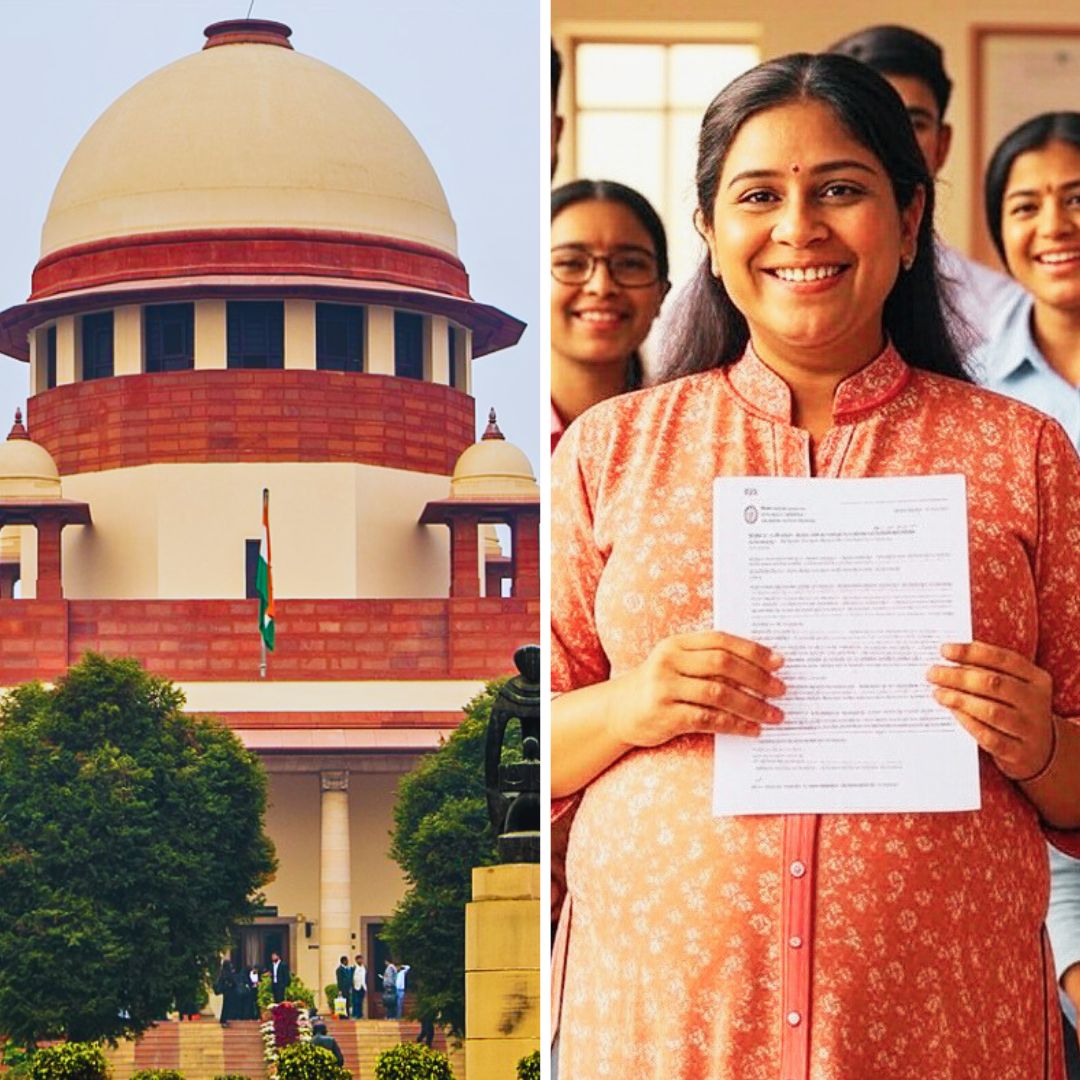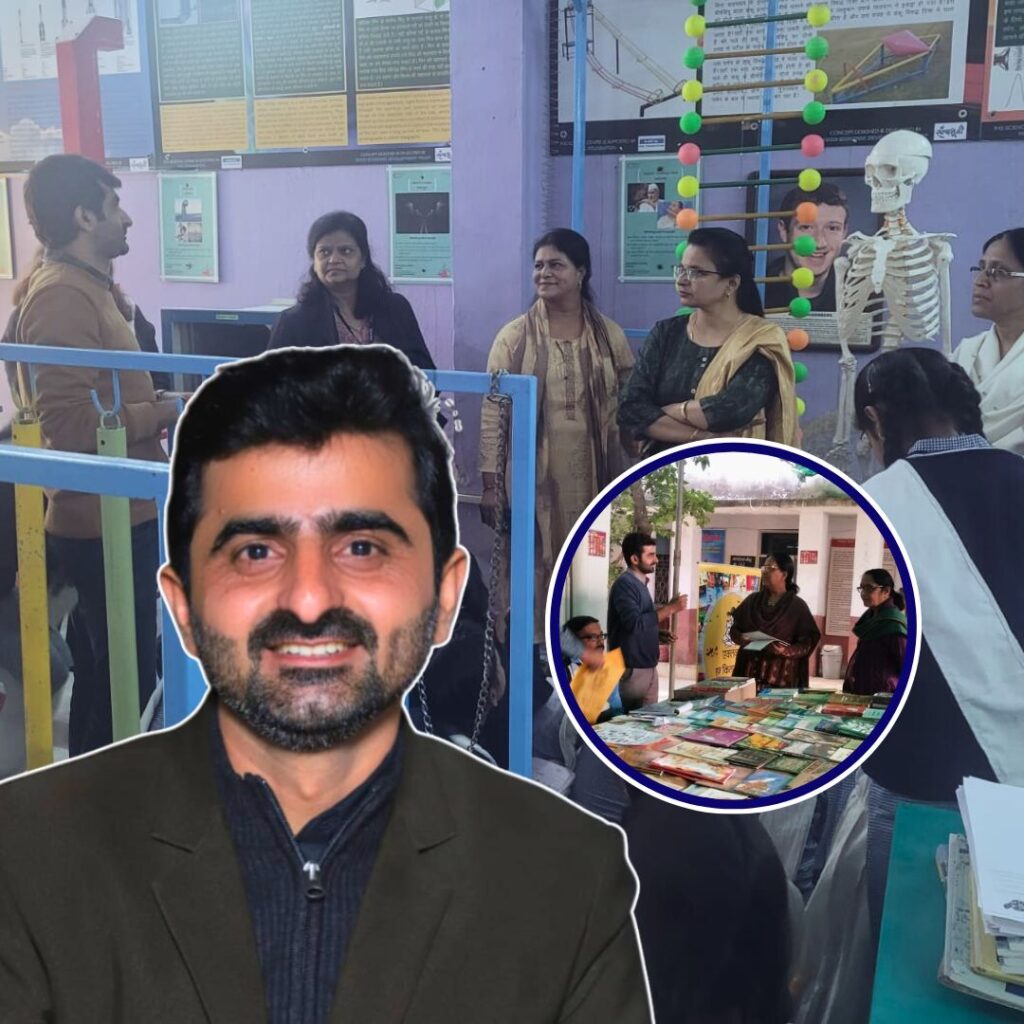The Supreme Court of India has unequivocally ruled that maternity leave is a constitutional right for women employees, even when it concerns their third child. This landmark judgement came after a Tamil Nadu government school teacher was denied maternity leave on the grounds that she already had two children from a previous marriage.
The apex court, led by Justices Abhay S Oka and Ujjal Bhuyan, held that reproductive rights, including maternity leave, are protected under Article 21 of the Constitution, which guarantees the right to life and personal liberty.
The court directed the Tamil Nadu government to grant all pending maternity benefits to the petitioner within two months, emphasising that state policies limiting maternity leave based on the number of children violate fundamental rights. This ruling is being hailed as a major victory for women’s rights and workplace equality in India.
Maternity Leave: A Constitutional Right Beyond State Limits
The Supreme Court’s judgement clarified that maternity leave is not merely a statutory benefit but an essential aspect of reproductive rights, which encompass the rights to health, dignity, privacy, equality, and non-discrimination. The petitioner, a government school teacher, had two children from her first marriage who were in the custody of her former husband.
When she gave birth to a child from her second marriage, the Tamil Nadu government denied her maternity leave citing Fundamental Rule 101(a), which restricts maternity leave to women with fewer than two surviving children.
The court found this application of the rule to be rigid and insensitive to the petitioner’s personal circumstances. “Population control policies and reproductive rights must be balanced with compassion and constitutional safeguards,” the bench noted. The judgement also referenced international human rights frameworks, underscoring India’s commitment to protecting women’s reproductive autonomy in the workplace.
The Legal Journey and Wider Implications
This case originated when the petitioner’s request for maternity leave was rejected by Tamil Nadu authorities, prompting her to challenge the decision in the Madras High Court. While a single-judge bench initially ruled in her favour, a division bench later reversed the decision, stating that maternity leave is a statutory right subject to service rules.
The Supreme Court’s intervention has now settled this conflict by affirming that constitutional rights supersede restrictive state rules. The court also interpreted the Maternity Benefit (Amendment) Act, 2017, which prescribes 26 weeks of maternity leave for women with fewer than two children and 12 weeks for others, clarifying that the Act does not prohibit maternity leave for women with more than two children but only limits the duration.
This ruling sets a precedent ensuring that maternity benefits cannot be arbitrarily denied based on the number of children, reinforcing the principle of equality and dignity at work.
The Logical Indian’s Perspective
The Supreme Court’s decision is a landmark victory for gender justice, reinforcing that a woman’s reproductive choices and health are fundamental rights that must be respected and protected. It sends a powerful message that workplace policies and government rules cannot undermine the dignity and equality of women, especially when it comes to motherhood.
By recognising maternity leave as a constitutional right, the court has taken a progressive step towards creating a more inclusive and empathetic work environment for women across India.
As we celebrate this judgement, it also invites us to reflect on the broader challenges faced by working mothers, such as workplace discrimination, lack of childcare support, and societal pressures. How can policymakers, employers, and communities collaborate to build a society where women do not have to compromise their careers or health for motherhood?












